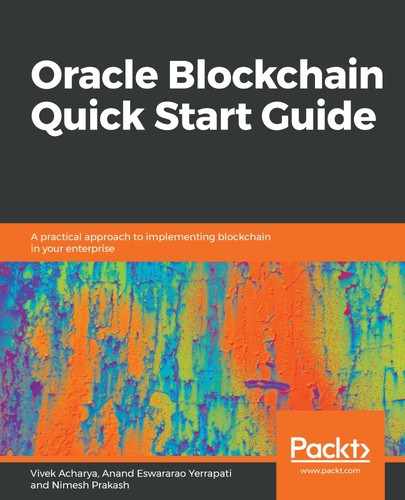With blockchain, invoice factoring goes beyond the boundaries of banks and financial institutions. Small and medium investors can also participate in invoice factoring. Let's say, Invoice Buy & Sell is a dApp built on a blockchain solution:
- The invoice seller can use that app and choose an invoice to trade.
- The seller can set the invoice amount or smart contract based on the previous scores. The credit scores of the seller will modify the price of the invoice.
- A blockchain smart contract (invoice factoring smart contract) will generate a digital identity (digital token) of the invoice and get it verified for duplicity.
- Upon verification, the invoice will be tokenized based on the percentage or fraction of the invoice amount.
- Lenders (small, medium, or big) can own those tokens. Tokens represent the part that's due to be paid to the seller. Ownership of tokens means agreement to pay the seller.
- Upon the due date, the smart contract will issue a debt transaction from the client's account to credit the factor account, based on the tokens owned by the lenders (factor accounts).
- Upon payment to lenders (factor accounts), the smart contract will take care of the remaining payment to the seller and credit the fee to lenders/factor accounts.
The following diagram shows the invoice factoring process, with and without blockchain:

Invoice factoring use case
Since this is a token-based approach, small, medium, and big lenders can buy invoices across the border with the immutability, trust, and reliability of the blockchain network.
